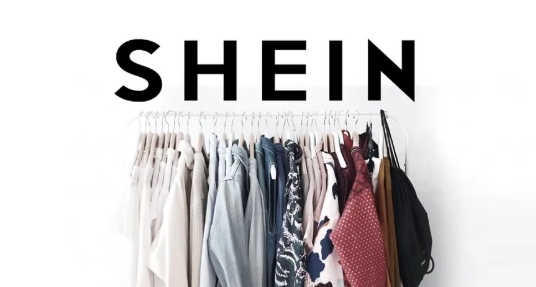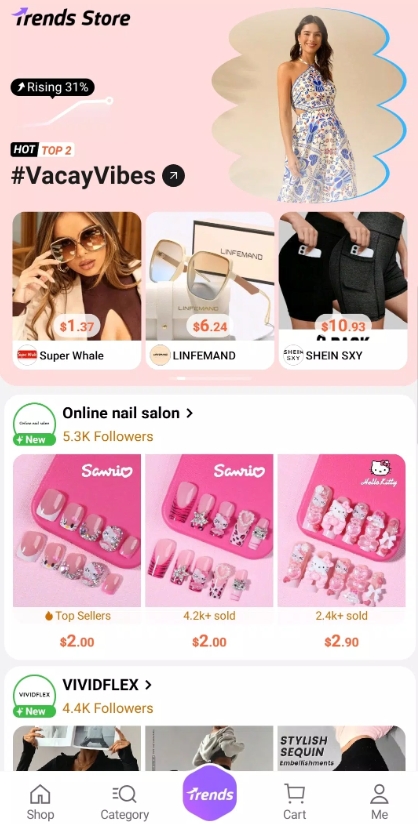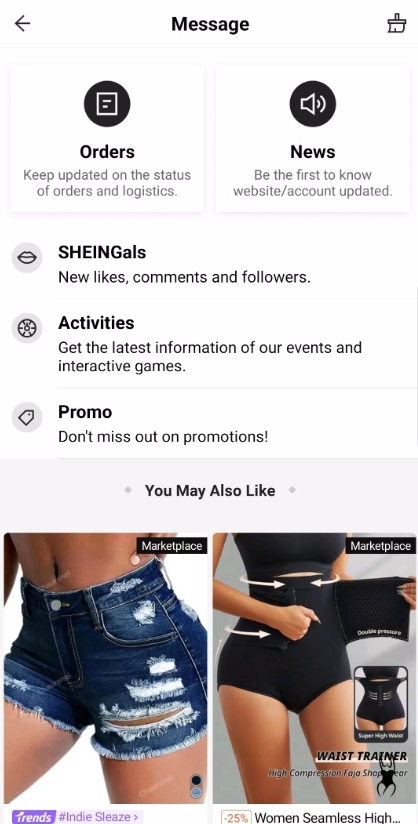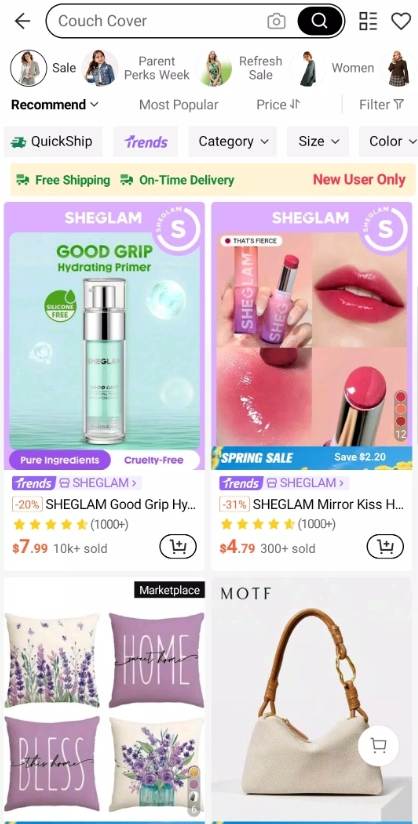Shein has taken fast-fashion by storm—offering ultra-cheap trendy clothing to millions worldwide. But with low prices comes suspicion. Many shoppers wonder: is Shein safe? In this detailed, conversational review, we'll unpack key concerns like security, product quality, privacy, legitimacy, and ethical practices. You'll come away informed and ready to shop smartly—or steer clear.

I. Overview of Shein
A. What is Shein?
Founded in 2008, Shein is a global fast-fashion retailer known for budget-friendly apparel, accessories, and beauty. It serves over 150 countries, ships from China-based and regional warehouses, and enjoys massive popularity, particularly among Gen Z .
B. Why Consumers Ask, "Is Shein Safe?"
Concerns include:
Product quality inconsistency and potential use of harmful materials
Data privacy and past breaches
Payment security
Ethical issues like labor practices and environmental impact
This review addresses these from a balanced, practical perspective.
II. Legitimacy & Fraud Prevention
A. Is Shein Legitimate?
Yes. Shein is a registered, legal business with millions of transactions daily and an “A” rating from the BBB—though it has garnered over 3,000 complaints in recent years . It’s not a scam, but user experiences vary.
B. Scam Warning Signs
Watch out for:
Fake discount emails or phishing links claiming to be Shein—some even mimic Shein branding to steal credentials .
Unofficial websites and malicious copies—stick to the official app and .com domain to avoid phishing.
III. Data Privacy & Security
A. Privacy Policy Transparency
Shein's privacy policies are updated for compliance (e.g., GDPR, CCPA) . These policies reveal broad data collection—including purchase history, device identifiers, and browsing behavior.
B. Technical Safeguards
Uses SSL/TLS encryption, especially on checkout pages .
Adheres to security standards like PCI-DSS, ISO, and NIST post-2018 breach .
Encourages strong passwords and enables two-factor authentication for extra protection .
Despite safeguards, no platform is bulletproof—transparency about data-sharing partners could improve, per watchdog critiques .
IV. Payment Safety & Protection
A. Secure Payment Options
Supports credit/debit, PayPal, Apple/Google Pay, and local e-wallets—all using encrypted payment gateways . Credit card payments benefit from two-factor and 3D Secure protocols for added defense.
B. Refunds, Returns & Chargebacks
Refunds typically processed in 5–7 business days; free return on first item; subsequent returns may cost shipping .
Chargeback through your bank is available, though prior attempts sometimes report delays or customer service obstacles.
V. Product Quality & Authenticity
A. Materials & Construction
With lower price points come tradeoffs. Reviews frequently mention incorrect sizing, thin fabrics, and inconsistent stitching . Lab investigations, like those by Greenpeace, have found unsafe chemicals in many items .
B. Counterfeit Spotting
Watch for odd labeling, bad seams, strong fabric odors.
Genuine items sometimes include QR or hologram tags, but this varies by item .
When maintaining expectations, browsing reviews and photos helps too.
VI. Shipping, Delivery & Fees
A. Tracking & Security
Shein offers shipment tracking via carriers and includes insurance or order protection for lost/damaged packages .
B. Duties & Hidden Charges
Import fees vary by region. Some markets charge at checkout, others upon delivery. The experience depends heavily on destination country .
VII. Customer Support & Community Feedback
A. Official Support
Support available via live chat in-app and email. Response reliability is mixed—some users praise quick fixes; others report delays .
B. Independent Reviews
Trustpilot score: 4.1/5 from ~293,000 reviews .
Sitejabber/Review.io ratings are significantly lower (~1.8–1.9), citing shipping, product quality, and refund issues.
VIII. Ethical & Environmental Record
A. Labor Practices
Investigations report working hours far above legal limits and potential forced labor in supply chains . Shein states compliance but transparency lags.
B. Environmental Impact
Shein’s business model inherently creates textile waste and greenhouse emissions (estimated carbonate emissions equivalent to major power plants) . Efforts like resale services are steps, but critics call them insufficient.
IX. So, Is Shein Safe?
A. Safety Summary
Legitimacy: Legitimate company; avoid scam sites.
Security: Fairly secure tech with encryption and protocols.
Privacy: Compliant but could improve transparency.
Payments: Standard protections; use secure methods.
Product Quality: Inconsistent; read reviews closely.
Ethics: Environmentally and ethically problematic.
B. Recommendations
Always use the official app or site with HTTPS.
Use PayPal or credit cards with fraud protection.
Enable 2FA and use unique strong passwords.
Read multiple reviews for each item.
Budget for potential customs fees.
Consider ethical implications: resale and slow fashion may align better with your values.
X. Future & Industry Trends
A. Security Enhancements
Expect Shein to embrace:
Blockchain for supply chain tracking
AI-based fraud detection and real-time scam blocking
B. Regulatory Pressure
The EU is investigating Shein for misleading discounts and policy violations—subject to potential DSA fines up to 6% of revenue .
US and global scrutiny on data practices continues in the evolving legislative landscape.
So—is Shein safe? The answer is nuanced:
For shopping securely: Yes, if you use safe payment methods, secure your data, and verify items via reviews.
For product quality: Expect inconsistency. Low cost typically means low durability.
For ethics: Reflect before supporting fast-fashion. Environmental and labor concerns remain significant.
Shein offers undeniable value—but it's crucial to navigate wisely. Protect your personal data, manage expectations for quality, and think twice from an ethical stance. When used judiciously, it can be a safe marketplace with benefits. If not, better alternatives exist in more sustainable and transparent brands.











